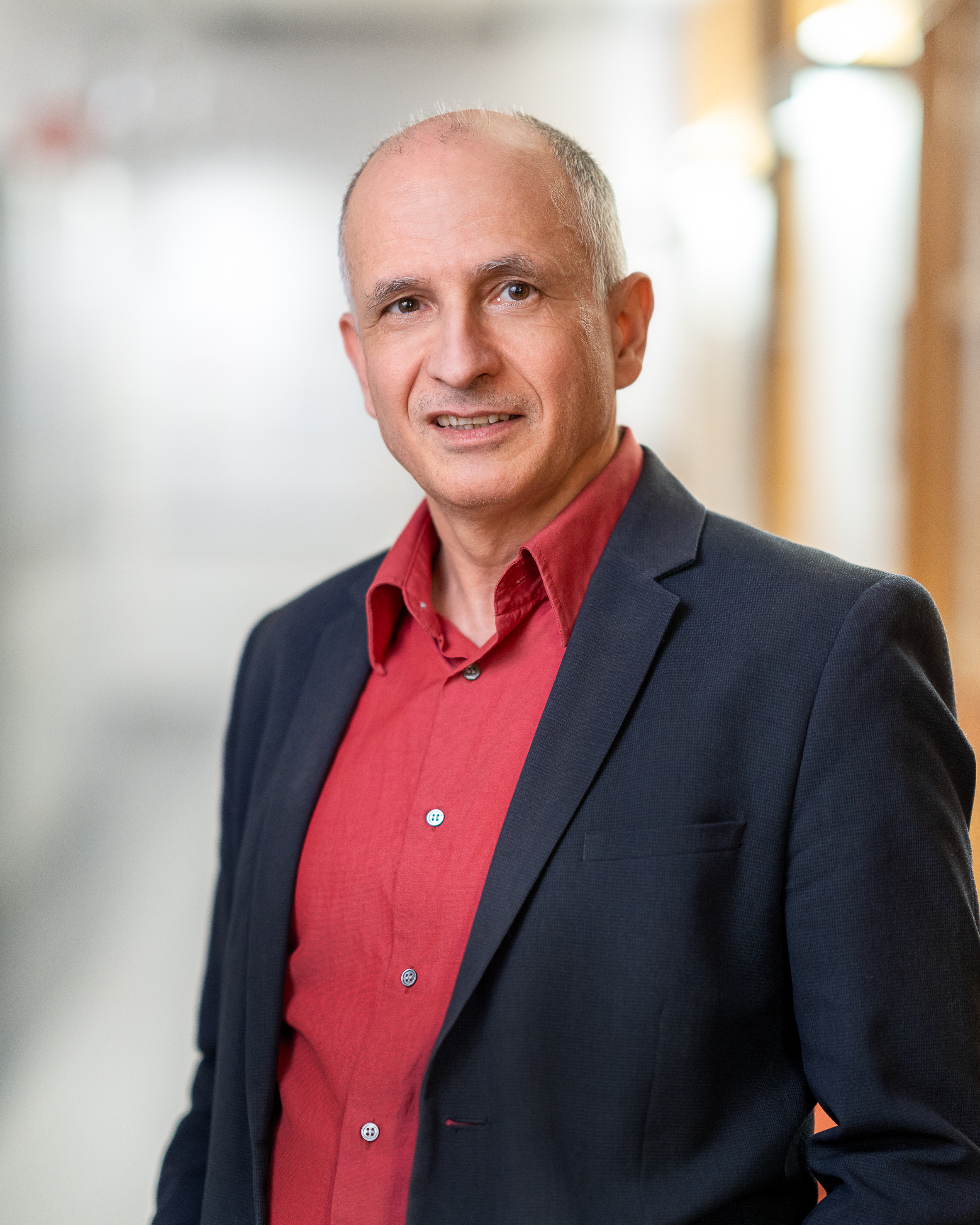
Dilian GUROV
Professor in Computer Science in the Department of Theoretical Computer Science (TCS) of the School of Electrical Engineering and Computer Science (EECS) of the Royal Institute of Technology (KTH) in Stockholm. Ph.D. from the University of Victoria, Canada.
My office is located at KTH Main Campus, Osquars backe 2, floor 5, room 4520.